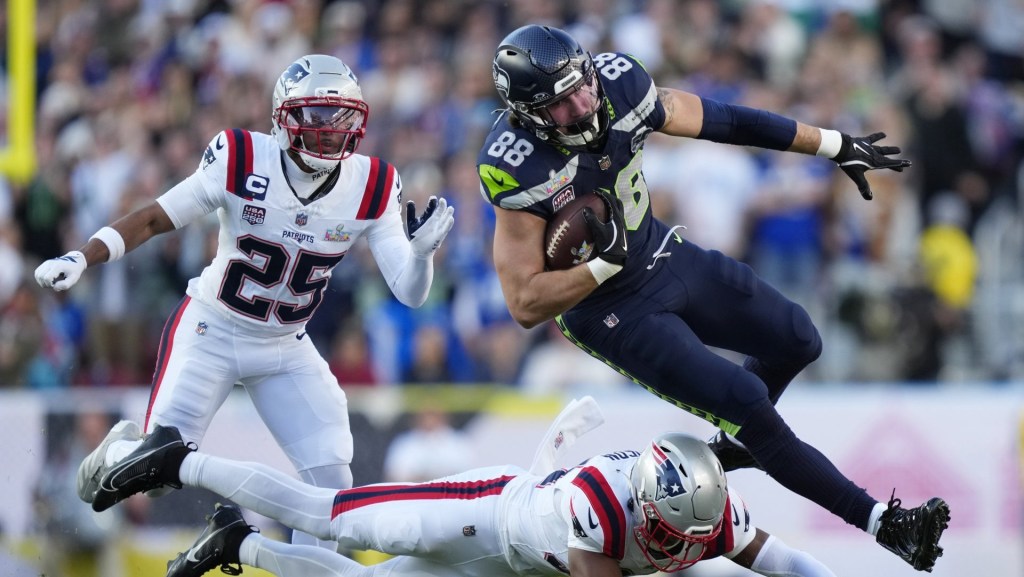Robinhood has pulled its betting markets for the NCAA Tournament out of New Jersey after pressure from regulators.
The New Jersey Department of Gaming Enforcement sent a cease and desist letter to Robinhood and Kalshi—the stock trading app’s partner in the endeavor—on Thursday, accusing them of “listing unauthorized sports wagers.”
“Event contracts offered by Robinhood Derivatives are federally regulated by the CFTC and offered through CFTC-registered entities, assuring that retail customers can access these prediction markets in a safe and regulated manner,” a Robinhood spokesperson said. “While we do not believe these contracts run afoul of any state laws, we are no longer allowing New Jersey residents to enter new positions for the Men’s and Women’s Basketball Tournament event contacts.”
Other prediction markets that Robinhood partnered with Kalshi on, such as what the target Fed funds rate will be in May, remain live.
A Kalshi spokesperson said, “Kalshi believes in the value of regulation and operates under the comprehensive oversight of the Commodity Futures Trading Commission. We look forward to engaging with the state of New Jersey to resolve this matter.”
The statement did not address Robinhood’s decision to pull out of the sports markets in New Jersey. Robinhood also pulled out of a partnership the two companies had to offer Super Bowl betting under pressure from regulators.
Dustin Gouker’s Closing Line first reported on the developments in New Jersey.
Robinhood began offering event contracts for March Madness earlier this month. Kalshi, which is regulated by the Commodity Futures Trading Commission, offers event contracts on many sports, including tennis, golf, basketball and Formula 1.
Kalshi is now battling regulators in several states. Nevada issued a cease and desist letter to the exchange earlier this month, noting that its event-based contracts on sports are illegal in the state. The Nevada Gaming Control Board then agreed to give Kalshi longer than the original 10-day deadline to address the matter. Massachusetts has also launched a probe.
On Saturday, Kalshi announced it had filed suits in federal court against both the Nevada Gaming Control Board and the New Jersey Division of Gaming Enforcement. Kalshi founder Tarek Mansour said in a statement that “the threatened actions in Nevada and New Jersey seek to undermine not just Kalshi’s contracts, but the authority granted by Congress to the Commodity Futures Trading Commission.”
The issue, as alluded to in Robinhood’s statement, is whether these prediction markets are regulated federally (by the CFTC) or at the state level. If it’s the former, the model poses a threat to traditional sportsbooks like FanDuel and DraftKings, which are not available in states like Texas and California, and which must pay high state taxes on their sports betting markets. Currently, sports betting is legal in 39 states whereas Kalshi is live in all 50 states.
While Kalshi’s sports betting offering includes mostly futures with a smattering of single-game events, it would be a greater threat to traditional sportsbooks if/when there are markets for player props, point spreads, and parlays.




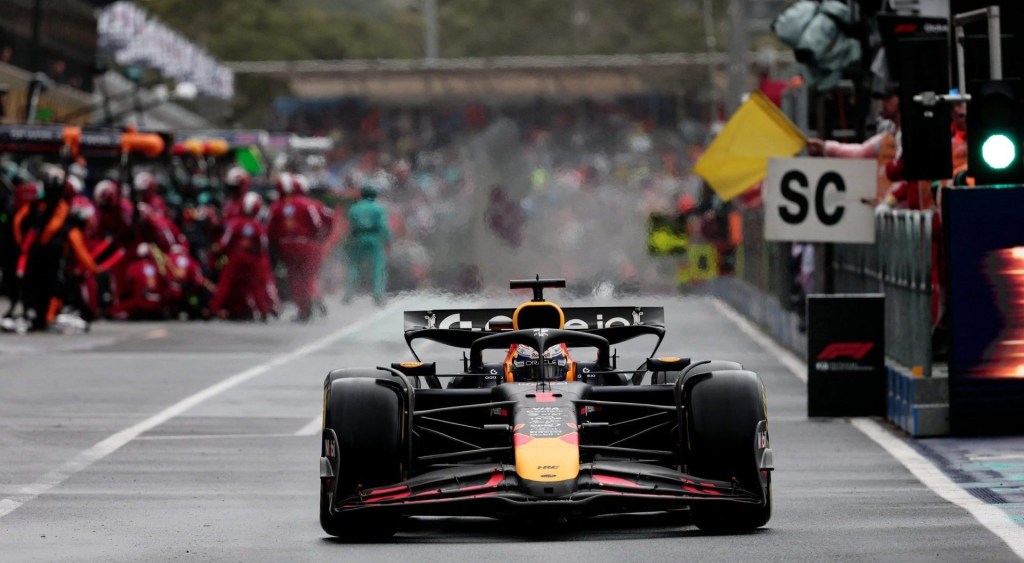

![[Subscription Customers Only] Jun 15, 2025; Seattle, Washington, USA; Botafogo owner John Textor inside the stadium before the match during a group stage match of the 2025 FIFA Club World Cup at Lumen Field.](https://frontofficesports.com/wp-content/uploads/2026/02/USATSI_26465842_168416386_lowres-scaled.jpg?quality=100&w=1024)
![[Subscription Customers Only] Jul 13, 2025; East Rutherford, New Jersey, USA; Chelsea FC midfielder Cole Palmer (10) celebrates winning the final of the 2025 FIFA Club World Cup at MetLife Stadium](https://frontofficesports.com/wp-content/uploads/2026/02/USATSI_26636703-scaled-e1770932227605.jpg?quality=100&w=1024)

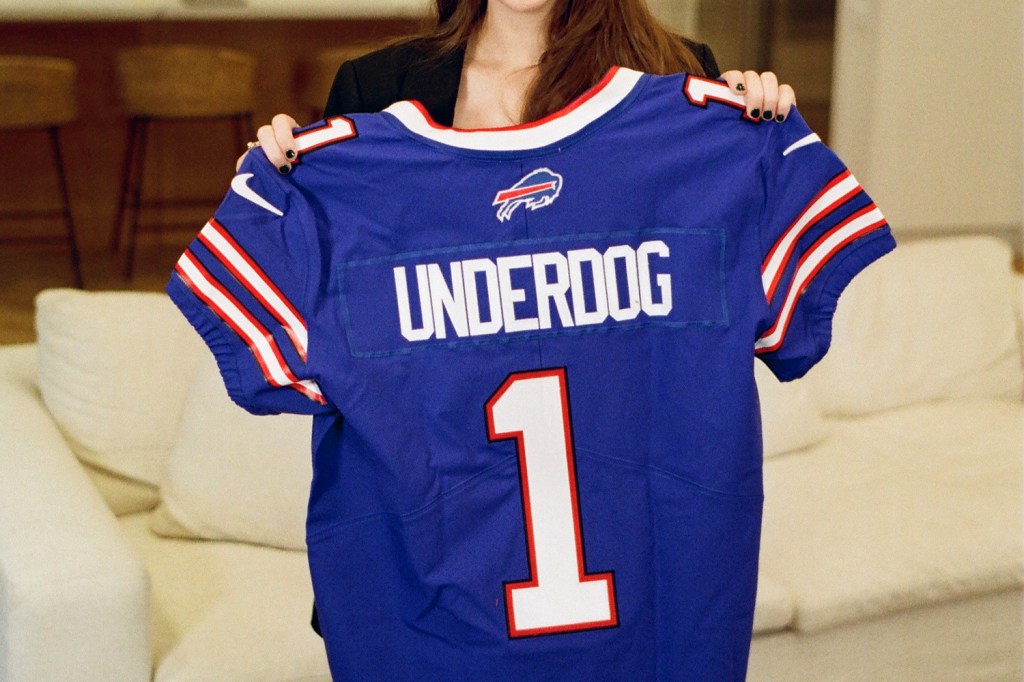
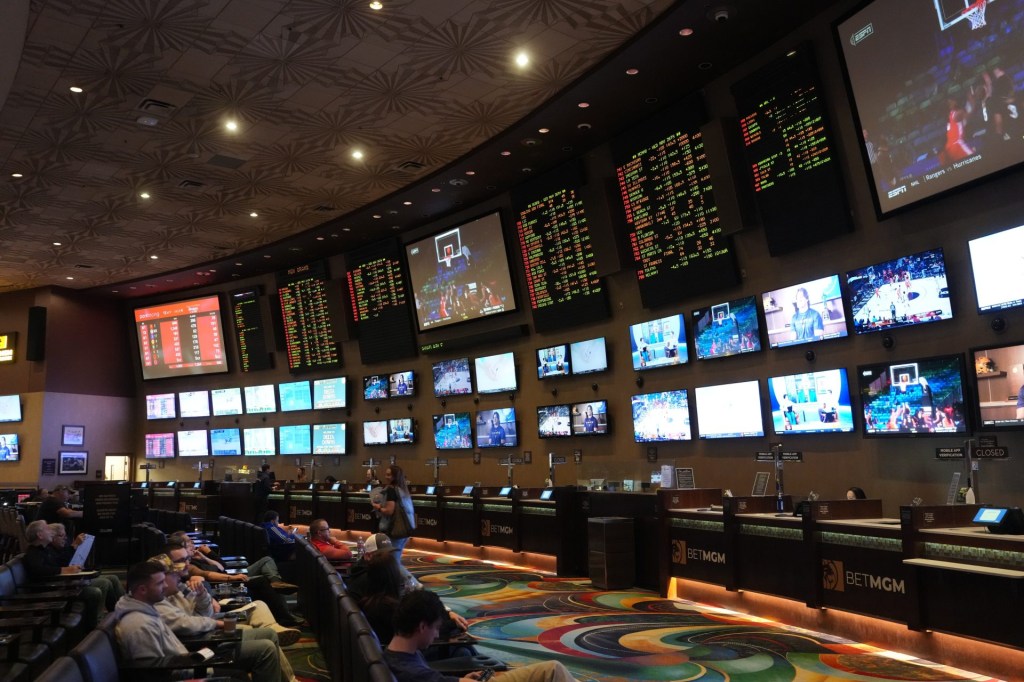


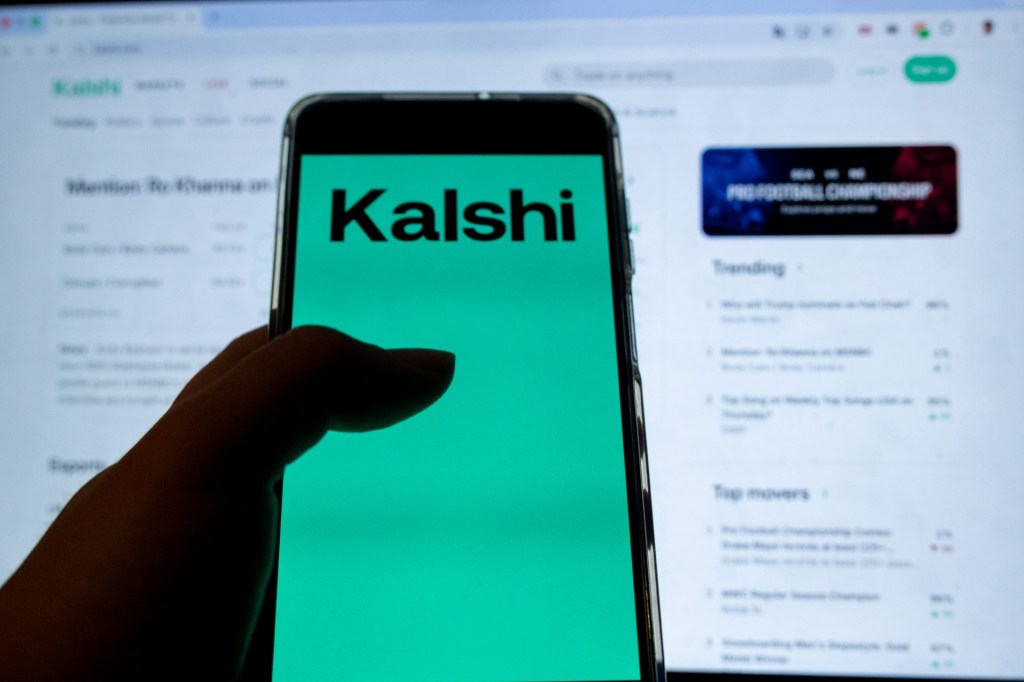

![ESPN Bet broadcasts inside the PGA Tour Studios building in Ponte Vedra Beach, Florida, on March 14, 2025. [Clayton Freeman/Florida Times-Union]](https://frontofficesports.com/wp-content/uploads/2026/02/USATSI_25668497_168416386_lowres-1-scaled.jpg?quality=100&w=1024)
